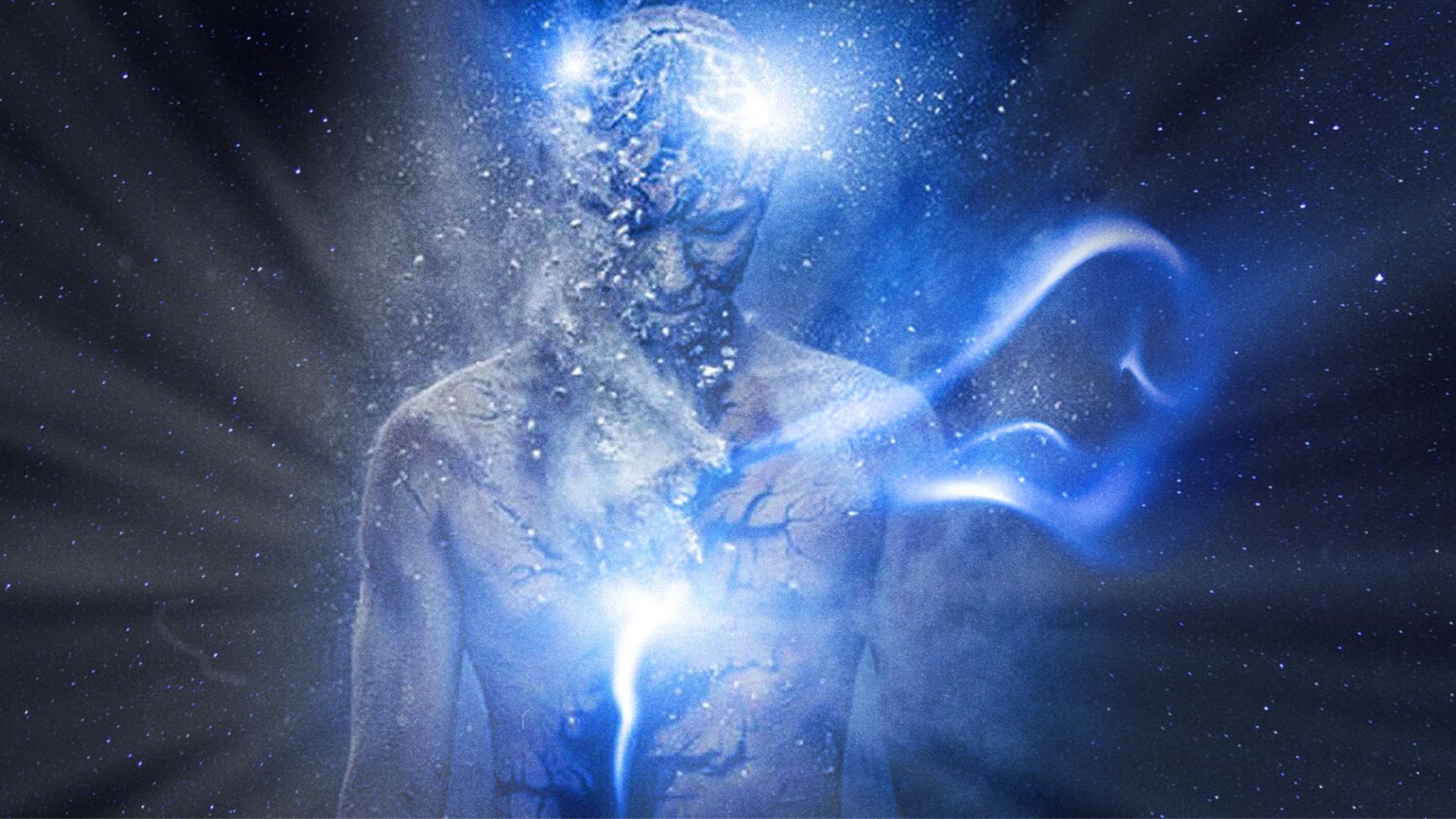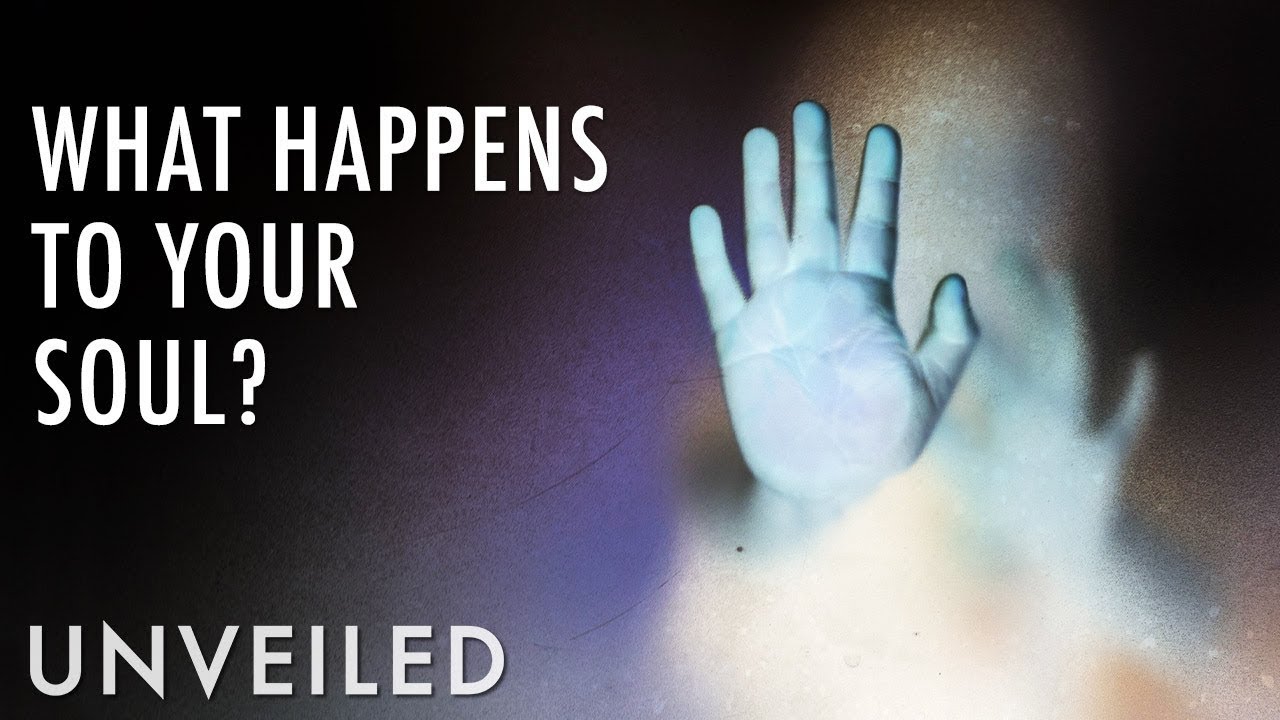Where Does Soul Go After Death? Personal Beliefs And Experiences
The concept of the soul is one of the most mysterious and intriguing aspects of human existence. For centuries, people have been trying to understand where does soul go after death. Some believe that the soul continues to exist in an afterlife, while others believe that it simply ceases to exist. Read on to understand it in detail.
Author:Evelyn AdamsReviewer:Calvin PenwellMar 19, 2023198 Shares2.8K Views

The concept of the soul is one of the most mysterious and intriguing aspects of human existence. For centuries, people have been trying to understand where does soul go after death.
Some believe that the soul continues to exist in an afterlife, while others believe that it simply ceases to exist. Read on to understand it in detail.
Religious Views - Where Does Soul Go After Death
Religion has played a significant role in shaping beliefs about the afterlife. Many religious traditions believe in the existence of an afterlife where the soul goes after death. For instance:
Christianity
Christians believe in the existence of heaven and hell. They believe that those who have lived a virtuous life and accepted Jesus Christ as their savior will go to heaven, while those who have led a sinful life will go to hell.
Islam
Muslims believe in the existence of paradise and hell. They believe that those who have lived a righteous life and followed the teachings of the Quran will go to paradise, while those who have lived sinful life will go to hell.
Hinduism
Hindus believe in the concept of reincarnation. They believe that the soul is reborn into a new body after death based on its karma, or the consequences of its actions in the previous life.
Buddhism
Buddhists also believe in reincarnation. However, they believe that the soul is reborn based on its state of mind at the time of death. If the mind is in a state of enlightenment, the soul will be reborn in a higher realm, while if the mind is in a state of ignorance, the soul will be reborn in a lower realm.
Scientific Theories On Consciousness And The Afterlife
While religion has provided many beliefs about the afterlife, science has also been trying to understand the mysteries of consciousness and the afterlife. Some scientists and researchers have proposed various theories about where the soul goes after death.
Consciousness Continues After Death
One theory is that consciousness continues after death. Some researchers have suggested that the brain may not be the sole source of consciousness and that consciousness may continue after the brain stops functioning. This theory is based on the idea that consciousness is a fundamental aspect of the universe, and that it exists independently of the brain.
Near-Death Experiences
Near-death experiences (NDEs) have been reported by many people who have been revived after being clinically dead.
During an NDE, people often report having a sense of leaving their bodies and entering a different realm. While some scientists believe that NDEs can be explained by physiological and psychological factors, others suggest that they provide evidence for the existence of an afterlife.
Quantum Mechanics And Consciousness
Some scientists have suggested that quantum mechanics may hold the key to understanding the mysteries of consciousness and the afterlife.
Quantum mechanics is the branch of physics that deals with the behaviorof particles on a subatomic level. Some scientists believe that consciousness is related to quantum mechanics and that the soul may exist in a quantum realm after death.
Personal Beliefs And Experiences
While religious beliefs and scientific theories can provide some insights into where the soul goes after death, personal beliefs and experiences also play a significant role. Many people have had experiences that they believe provide evidence for the existence of an afterlife.
Ghosts And Hauntings
Many people believe in ghosts and hauntings, which are often associated with the idea that the soul continues to exist after death. While skeptics may dismiss these phenomena as superstitions, many people have reported experiences that they believe provide evidence for the existence of ghosts and hauntings.
Religious Experiences
Many people have had religious experiences that they believe provide evidence for the existence of an afterlife. These experiences can range from a sense of peace or enlightenment to visions of heaven or hell. While skeptics may dismiss these experiences as subjective or psychological, for many people, they are a powerful testament to the existence of an afterlife.

What Happens To Your Soul When You Die? | Unveiled
Skeptical Views On The Afterlife
While many people believe in the existence of an afterlife, there are also those who are skeptical. Skeptics argue that there is no scientific evidence to support the existence of an afterlife and that religious beliefs are based on faith rather than empirical evidence.
Consciousness Is A Product Of The Brain
One argument against the existence of an afterlife is that consciousness is a product of the brain. Skeptics argue that without the brain, there can be no consciousness, and therefore, no afterlife.
Lack Of Evidence
Skeptics also argue that there is no scientific evidence to support the existence of an afterlife. While some people may have had personal experiences that they believe provide evidence for an afterlife, skeptics argue that these experiences are subjective and cannot be verified.
Beliefs Based On Faith
Finally, skeptics argue that religious beliefs about the afterlife are based on faith rather than empirical evidence. While religious beliefs may provide comfort and meaning for many people, skeptics argue that they are not a reliable source of knowledge about the afterlife.
Paranormal Investigations And Evidence
Paranormal investigations involve the study of supernaturalphenomena and occurrences that cannot be explained by science or reason.
Some paranormal investigators claim that they can provide evidence of the existence of ghosts, spirits, and other supernatural entities through various means, such as ghost hunting, EVP (electronic voice phenomenon) recordings, and other methods.
However, skeptics argue that such evidence is not reliable and can often be explained by natural phenomena such as acoustical illusions, camera malfunctions, and other technical glitches.
They suggest that paranormal investigations often rely on the power of suggestion, where people's beliefs in ghosts and spirits can lead them to perceive random or ambiguous events as evidence of supernatural activity.
Despite the controversy surrounding paranormal investigations, they remain a popular form of entertainment and exploration for many people. Some argue that even if the evidence produced by such investigations is not scientifically valid, they can still provide a source of comfort and meaning for those who believe in the afterlife and the existence of supernatural beings.
Mystical Experiences
Mystical experiences are often associated with spirituality and religion and can involve feelings of transcendence, unity with the universe, and encounters with spiritual beings. These experiences can be brought on by various means, such as meditation, prayer, psychedelic substances, or other spiritual practices.
Mystical experiences can provide a unique perspective on the nature of consciousness and the soul, as they often involve a sense of interconnectedness and unity with the universe that is not typically experienced in everyday life.
Some argue that mystical experiences provide evidence for the existence of a higher power or spiritual realm, while others suggest that they can be explained by neurological and psychological phenomena.
Despite ongoing debate about the nature and meaning of mystical experiences, they continue to be a source of fascination and inspiration for many people, including artists, writers, and spiritual seekers.
Some argue that exploring mystical experiences can provide insights into the nature of consciousness and the soul, and can help us better understand the mysteries of the afterlife and the human experience.
Death And Grief
Death is an inevitable part of the human experience and can be a source of profound grief and sadness for those who are left behind. Exploring beliefs about the afterlife can provide insights into the ways that people cope with death and grief, including through religious rituals, philosophical contemplation, or personal beliefs.
Some argue that belief in an afterlife can provide comfort and solace to those who are grieving, by offering the hope that the deceased person still exists in some form and that they may one day be reunited with their loved ones.
Others suggest that focusing on the afterlife can distract from the importance of mourning and celebrating the life of the deceased person in the present moment. Regardless of individual beliefs about the afterlife, coping with death and grief is a universal human experience that can have a profound impact on our lives and relationships.
People Also Ask
What Is The Difference Between A Soul And A Spirit?
The terms "soul" and "spirit" are often used interchangeably, but can have different meanings depending on cultural and religious traditions.
Do Pets Have Souls Or Go To An Afterlife?
Beliefs about whether pets have souls or go to an afterlife vary depending on cultural and religious traditions.
What Role Do Rituals And Ceremonies Play In Beliefs About The Afterlife?
Rituals and ceremonies can be an important part of cultural and religious traditions surrounding death and the afterlife and can provide comfort and meaning for those who are grieving.
How Do Beliefs About The Afterlife Influence End-Of-Life Care And Decision-Making?
Beliefs about the afterlife can influence how individuals approach end-of-life care and decision-making, including decisions about medical treatment, funeral arrangements, and estate planning.
Conclusion
The question of where does soul go after death is one of the most intriguing and mysterious aspects of human existence. While religious beliefs provide many different answers to this question, scientific theories, and personal experiences also play a significant role.
Ultimately, whether or not the soul continues to exist after death may never be fully understood, but the quest for knowledge and understanding will continue to captivate and inspire us.

Evelyn Adams
Author
Evelyn Adams is a dedicated writer at Kansas Press, with a passion for exploring the mystical and uncovering hidden meanings.
Evelyn brings a wealth of knowledge and expertise to her insightful articles. Her work reflects a commitment to providing accurate information, thoughtful analyses, and engaging narratives that empower readers to delve into the mysteries of the universe.
Through her contributions, Evelyn aims to inspire curiosity, spark imagination, and foster a deeper understanding of the supernatural world.

Calvin Penwell
Reviewer
Since diving into numerology in 1997, my path has been marked by extraordinary encounters and insights. A pivotal moment was uncovering a forgotten numerological manuscript in a tucked-away Italian library, which deepened my connection to the ancient wisdom of numbers. Another transformative experience was a meditation retreat in Nepal's tranquil mountains, where I honed my intuition and the art of interpreting numerical vibrations.
These adventures have not only enriched my numerological practice but also my ability to guide others towards understanding their destiny and life's purpose. My approach is deeply personal, rooted in a blend of historical knowledge and intuitive insight, aimed at helping individuals find their alignment with the universe's abundant energies. My mission is simple: to share the power of numerology in illuminating paths to abundance and fulfillment.
Latest Articles
Popular Articles
